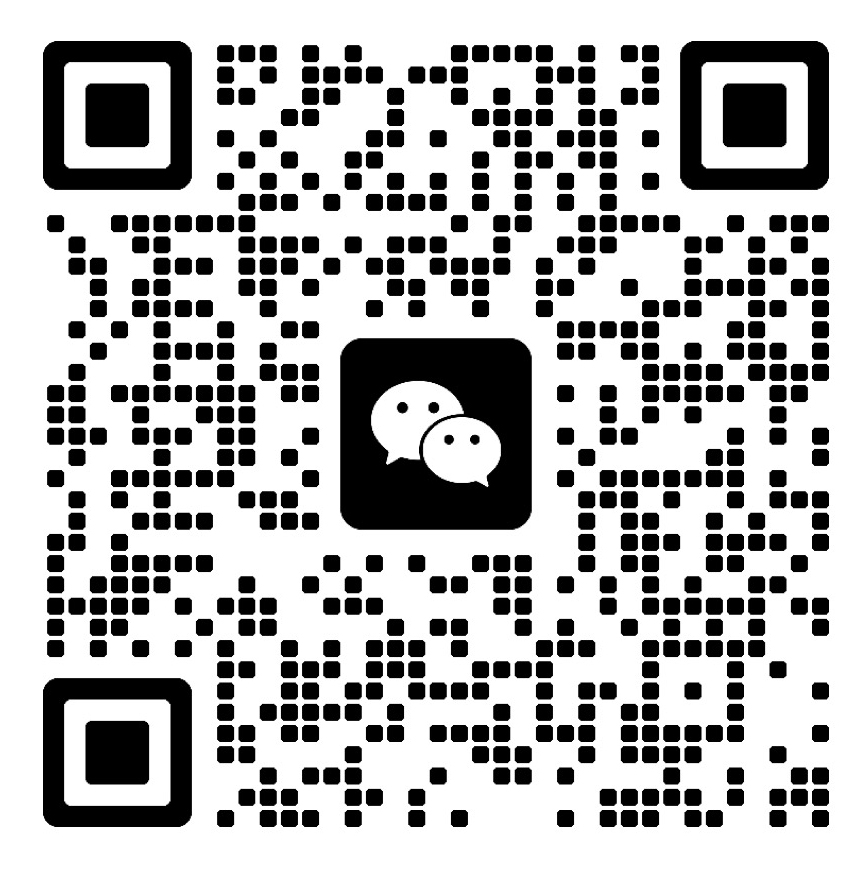
Services
返回Testing Services
Certification Services
- Japanese TELEC certification
- BIS certification
- PSE certification
- JATE certification in Japan
- VCCI Certification in Japan
- IMDA certification
- GCC Certification for Gulf Sev
- Iran COI certification
- Qatar COC Certification
- Iraq COC Certification
- Singapore PSB certification
- Vietnam COC certification
- KUCAS Certification in Kuwait
- KC certification
- EU E-Mark certification
- German GS certification
- REACH certification
- CE-ERP certification
- German TUV-SUD certification
- RED certification
- CE certification in Türkiye
- TSE certification in Türkiye
- Türkiye BTK certification
- European D-MARK certification
- Electrical ENEC certification
- Northern Ireland UKNI logo
- Russian EAC certification
- GOST certification in Russia
- RoHS certification
- ASTM certification
- UL, ETL, CSA, MET, TUV certifi
- FCC Certification in the Unite
- Energy Star
- IC certification
- ul certification
- ETL certification
- CEC certification
- FDA certification
- ASTM certification
- CSA certification
- CPSC Certification in the Unit
- IRAM certification
- Mexico NOM certification
- Ecuador VOC certification
- PVOC certification
- Algeria PCA certification
- Saudi EER Energy Efficiency Ce
- Saudi SABER certification
- Saudi SASO Energy Efficiency C
- Saudi EER Energy Efficiency Ce
- Iraq COC Certification
- Qatar COC Certification
- Iran COI certification
- Qatar COC Certification
- Iran COI certification
- Saudi SABER Certification Gulf
- Saudi SABER certification
- African COC certification
- Kenya PVOC certification
- Nigeria SONCAP certification
- Zimbabwe CBCA Certification
- South African LOA certificatio
- SABS certification in South Af
- Uganda PVOC certification
- Botswana COC Certification
- Zambia COC certification
- COC certification in Burundi
- Ghana COC certification
- Mauritius VOC certification
- Ethiopian VOC and COC certific
- Algeria COC certification
- Gabon COC certification
Register for the record
Systems and Training Services
Laboratory design and construction
Contact Us


National 24-hour service hotline
86+13560405821
Group Headquarters
E-mail: Lymay.zhong@lcs-cert.com
Address: Juji Industrial Park, Xueziwei, Ngabian, Shajing Street, Baoan District, Shenzhen Building A 1~2F, Building C 3F
SABS certification in South Africa
Product range:
(1) Introduction to SABS certification in South Africa
The South African Bureau of Standards (SABS) was established under the National Standards Act 1945 and is part of the South African Department of Trade and Industry. SABS is a neutral third-party certification body in South Africa, responsible for system certification and product certification in South Africa. In addition to the responsibility of formulating standards, SABS also manages mandatory normative standards on behalf of the country, grants the right to use the logo for products that meet the specifications, in addition to issuing certificates to enterprises that comply with ISO9001 and ISO9002, and is responsible for inspection and testing before loading on behalf of the country and some major buyers, and issuing certificates of conformity. SABS certification is widely used in the fields of chemicals, bioproducts, fiber products and clothing, mechanical products, safety equipment, electrical products, civil and construction and automotive products. In recent years, SABS certification has become an important weight for the South African government to control the import of products.
SABS certification is divided into two categories: product certification and system certification, and SABS product certification mainly includes the following eight categories:
Chemicals, biological products, fiber products and clothing, mechanical products, safety equipment, electrical products, civil and construction and automotive products. Among them, the building materials and products involved are: stone products, concrete products, roofing materials, cement, lime, cement mixture, natural building stone, safety glass, steel structure, wood and wood products, bricks, tiles, paints, coatings, sealants, etc.
(2) SABS certificate
South Africa's certification is divided into two situations: the first application is to apply for LOA and COC, which are mandatory for South African imports, and this certification procedure is not allowed to label the SABS trademark on the label of the product, and this application does not require factory inspection; The second application is based on the first application can be applied for the use of SABS Mark again, the use of this logo is required to go through a series of factory inspection procedures, cost a lot, and must also pay a certain amount of annual fees and factory inspection fees every year as the right to use the logo.
COC is EMI testing, LOA is letter of authority agency endorsement, go directly and apply in South Africa
(III) SABS precautions:
1. First of all, the enterprise must appoint an agent (Agent), and the agent will declare that it is responsible for all data information and after-sales and other matters. The South African Road Traffic Act (Act 93:1996) requires importers to register with the local Ministry of Transport;
2. South Africa is an imperial country and belongs to the right-hand drive member state, and only after successful registration can it continue to test and submit documents to SABS and other work;
3. All test items should be completed in strict accordance with relevant South African standards and technical documents such as reports that meet NRCS should be submitted;
4. The whole certification process includes two parts: test report review and sample vehicle consistency inspection; (Note: The inspection of the prototype vehicle can be arranged in China or South Africa according to the needs of the enterprise)
5. Once all materials and prototypes have passed the NRCS audit and assessment, NRCS will issue a certificate. Under normal circumstances, the entire review process takes no more than 15 working days
6. Certificate validity date: The certificate will continue to be valid as long as the applicable standard regulations have not changed and the vehicle has not been modified;
7. NRCS will be responsible for production consistency control, if it finds that the model does not conform, it has the right to withdraw the certificate.
8. In order to ensure production consistency, NRCS may conduct a factory audit after a certain period of time after the certificate application.
(4) SABS certification process:
1. The manufacturer fills out the application form in full;
2. If the factory has more than one factory, a separate application form is required. Each product within the scope of certification is required to be reflected on the application form. In addition, the factory also needs to fill out the application form of the creditworthiness of the person in charge, who guarantees the first inspection fee and other certification fees;
3. Upon receipt of the application form, the South African Bureau of Standards will issue an approved quotation;
4. Under the premise that the quotation is approved, the South African Bureau of Standards will conduct a factory review;
5. If all of the above audits are passed, the South African Bureau of Standards will prepare an annual supervision contract;
6 There will be a random review by two auditors per year, and the cost of the annual supervision review and testing will be specified in the contract;
7. Two auditors will take the sample back to the laboratory;
8. For future test samples, the South African Bureau of Standards will be drawn from the goods of the South African buyer, if the batch of goods is less than 4 times per year, then insufficient samples will be required to be sent from the factory, and the cost will be borne by the factory;
9. If the test results are unqualified, the cost of the sample and the cost of retest will be borne by the factory;
10. The certificate will be valid for three years, unless the certificate is cancelled for other reasons.
(5) Prerequisites for obtaining the SABS mark
1. The product conforms to a SABS/SANS national standard;
2. The product has passed the corresponding standard test;
3. The quality system meets the requirements of ISO 9000 or other specified requirements;
4. Only the product and quality system meet the requirements to apply for the use of the SABS mark;
5. Routine product testing should be carried out under guidance, and test results should be submitted and disclosed;
6. Quality system assessment at least twice a year, and full content evaluation is required.
Large-scale experimental base
Professional Lab
Analysis Method
Testing/year




 WeChat Inquiry
WeChat Inquiry
